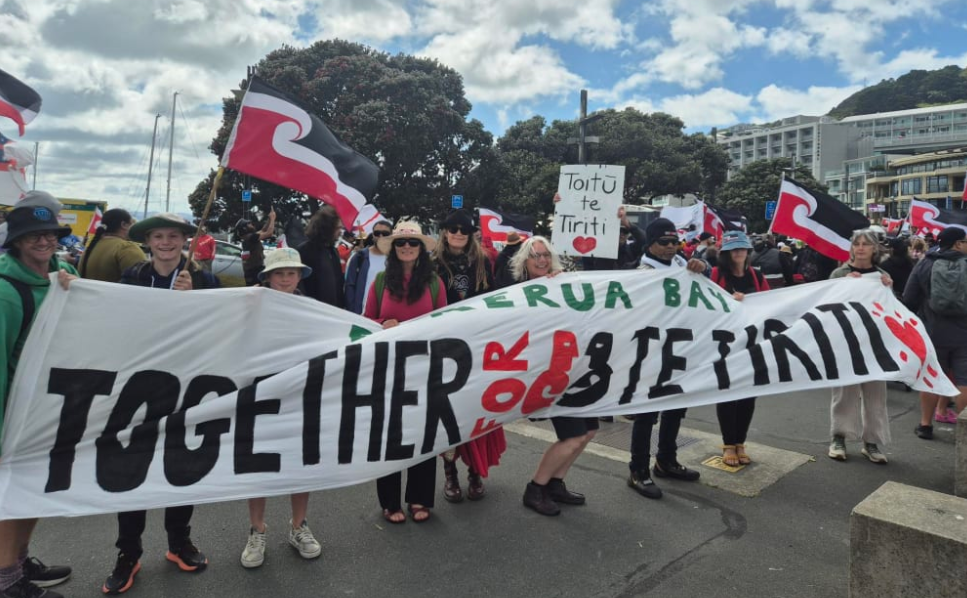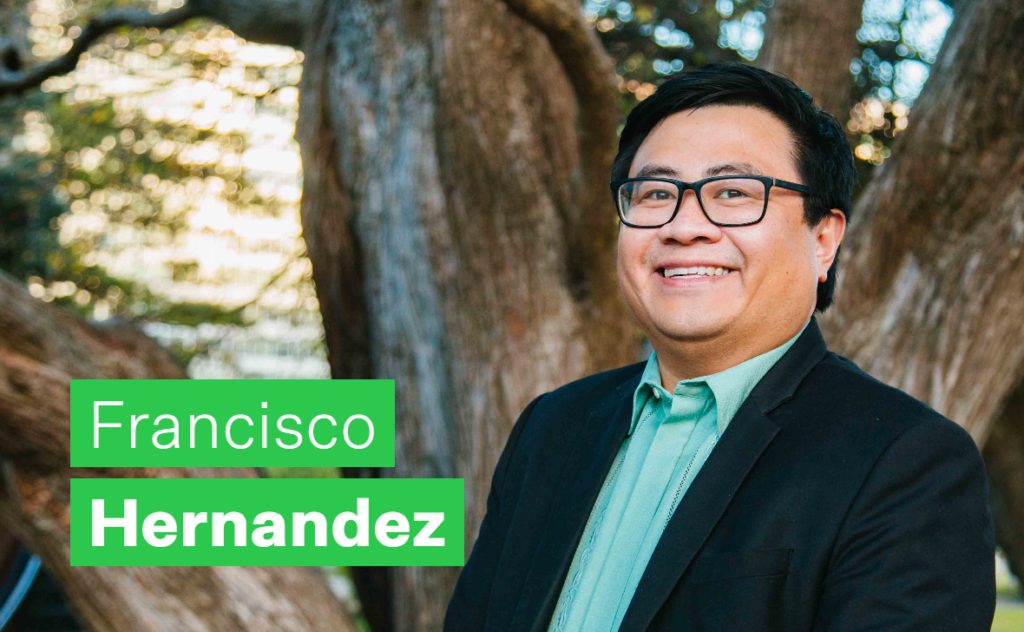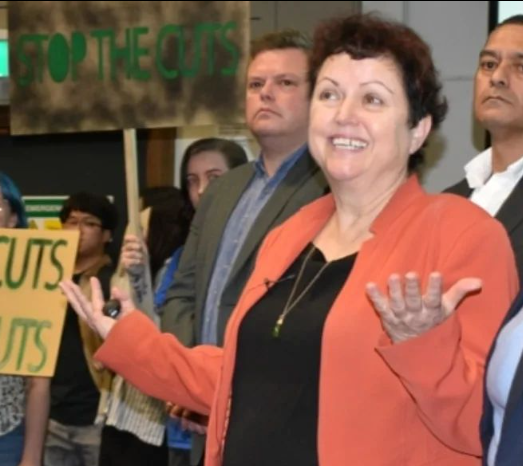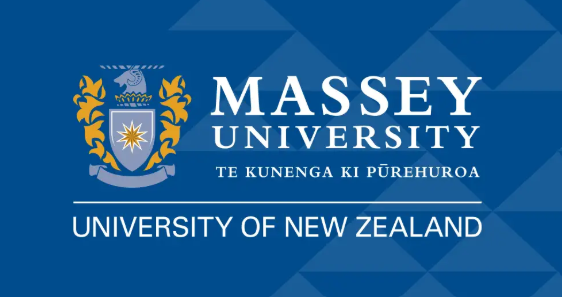
Massey University’s decision to cut funding for Te Tira Ahu Pae, Aotearoa’s first co-governed students’ association, has provoked outrage among students, who see it as another example of the university disregarding their voices. Many are calling the move a betrayal of students’ wishes and an attack on independent representation.
Creative Arts student Marie says she is disappointed, stating that the decision “contrasts sharply with the recent large-scale hīkoi to Parliament advocating for co-governance.” Political Studies student Peter Helm, accuses the university’s leadership of “aligning with alt-right ideologies and fostering racial division,” which he believes is entirely disconnected from the sentiments of the student body.

Massey has defended its decision, claiming governance issues within Te Tira Ahu Pae. Deputy Vice-Chancellor, Dr Tere McGonagle-Daly, says, “We continue to have ongoing concerns that the representation model/structure is no longer adequately serving the student body.” However, students argue this is a pretext to dismantle their independent voice.

Green Party MP, Francisco Hernandez, supports Massey students in their fight for independent representation. “It’s really important that students have an independent and self-governing voice that stands at arm’s length from the university and provides genuinely independent advocacy services,” he says. Hernandez has been actively involved in discussions between the university and the student association and expresses hope for a resolution. “While I’m concerned Massey University has taken this drastic step, I’m confident we can work through the issues with dialogue and good-faith negotiations.”
Students are mobilizing against the funding cut, which they argue undermines independent student representation and sets a dangerous precedent for student unionism across New Zealand. Many believe the university’s leadership, particularly McGonagle-Daly, has acted in bad faith, prioritizing control over genuine student advocacy.



The controversy comes at a time of heightened national discourse on co-governance and Māori rights. On November 19, 2024, over 55,000 people participated in a historic hīkoi to Parliament, protesting the proposed Treaty Principles Bill, which many see as an attack on Māori rights and co-governance structures. The timing of Massey’s decision, juxtaposed with this widespread show of support for co-governance, has only deepened students’ mistrust of the university’s intentions.

As students prepare to resist the decision, they are calling on Massey to reverse the funding cut and uphold its commitment to inclusivity and genuine representation. “This is about more than just one student association,” says Maria. “It’s about protecting the voices of students and the values of co-governance that are integral to Aotearoa.”

